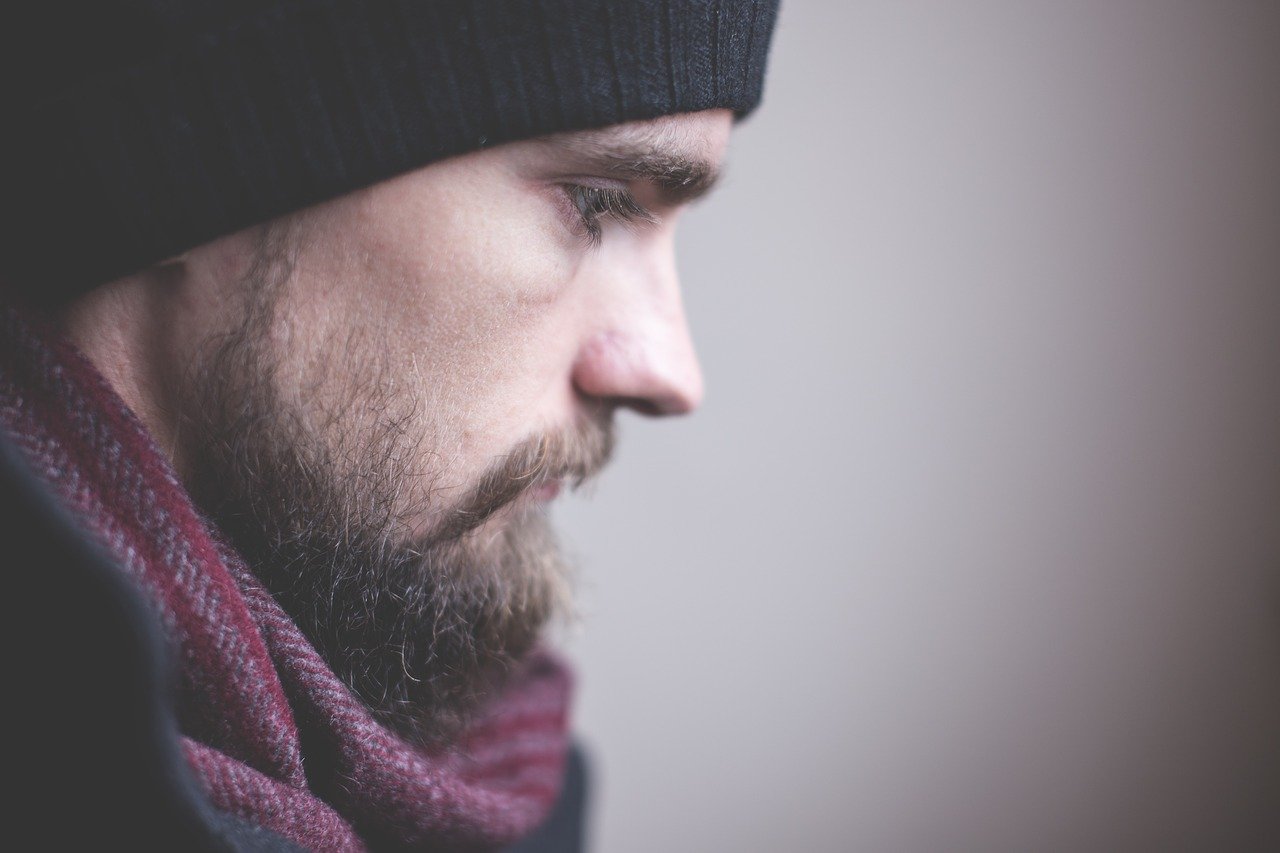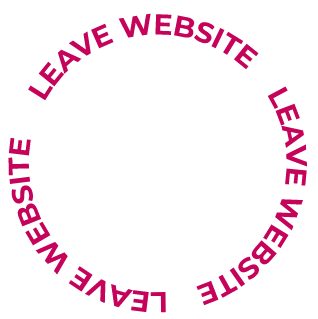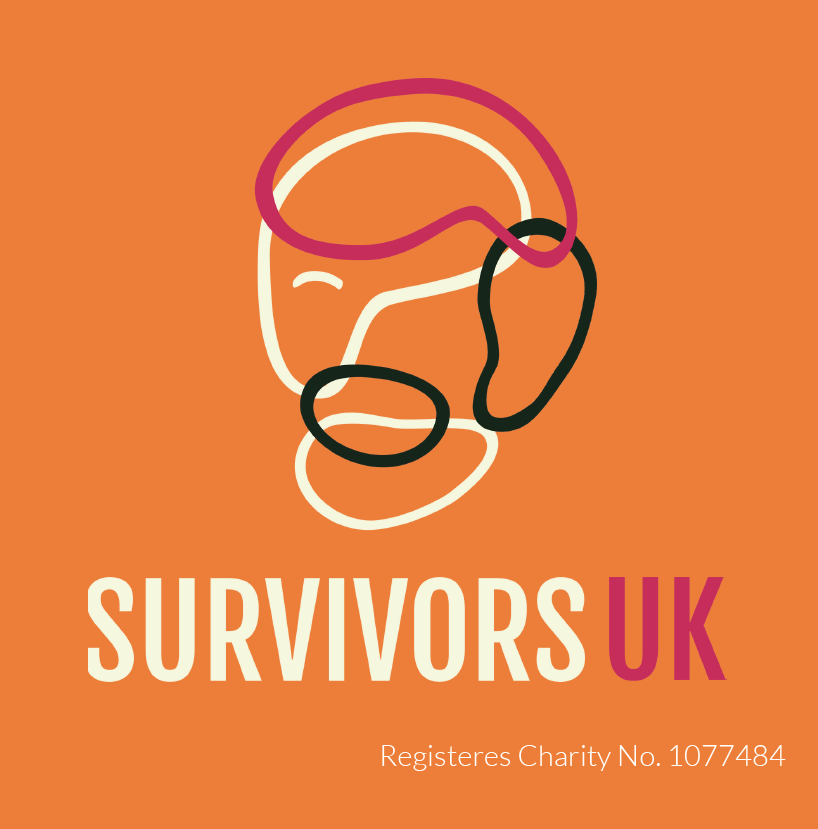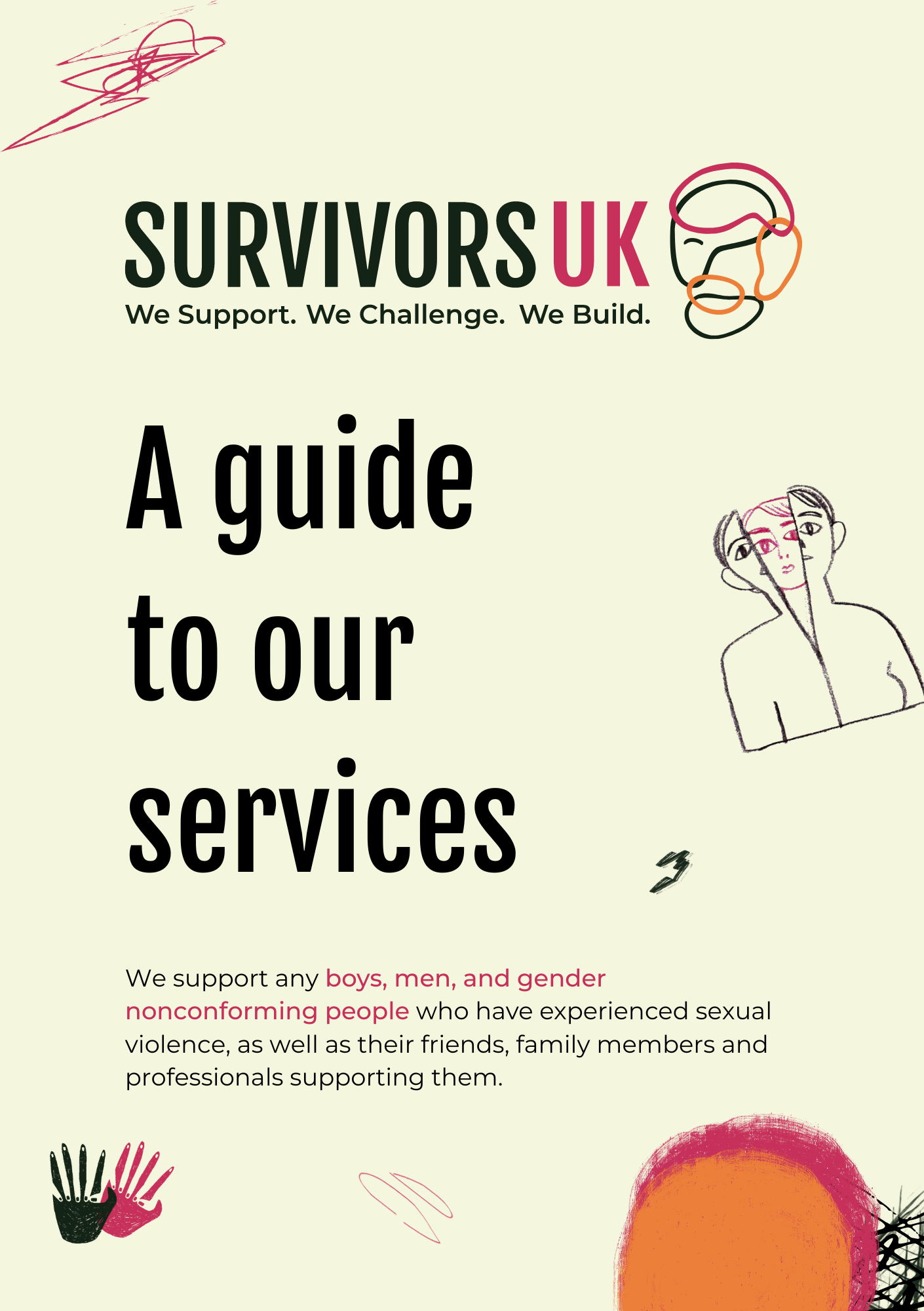
Finding Hope In Change
People are fond of the saying “a change is as good as a rest.” But change can feel destabilising and something that we often find ourselves resisting. As we move more deeply into autumn, some of us embrace the change in the weather and our environment, whilst others mourn the end of summer as the temperature drops and old ailments flare-up.
Believing that long term, positive change is possible can be equally hard for some of us. Our faith can easily be crushed by adverse life experiences, abusive relationships and a mental health system that, groaning under the pressure of bureaucracy and adversity, fails to give many of us the support we need. Negative experiences of counselling and other support can leave us questioning if anyone or anything can really help us.
At times, we might feel a glimmer of hope. We might hear of a service that sounds like it is just right for us or meet a therapist who seems to understand our trauma. But hope in itself can feel dangerous. If we engage with it, the disappointment if things don’t work out can be all the more crippling.
Some of us prefer the old adage “better the devil you know.” We might be suspicious of anything that threatens to change our lives in any significant way and find excuses to push it away – finding time in our schedule for counselling becomes an insurmountable obstacle, or we pick holes in the support that is offered, looking desperately for a reason to disengage.
There are numerous hurdles that might stop us from getting to our first session, let alone to the point where we feel settled into the therapeutic process and are beginning to trust our counsellor. Several sessions in, we get to the point where we realise that change is perhaps possible… but it is ourselves that we need to instigate. That can feel overwhelmingly scary, especially if it means giving up something we have relied upon for years to keep us upright. It could mean giving up the drink or drug that has numbed us from emotional pain for most of our lives. Or walking away from a relationship that feels safe in its comfortable familiarity, even if it is also emotionally abusive. It might mean fully admitting the brutal reality of our trauma or speaking out against those who have abused us. Or facing the fear of what others will think of us if we disclose to them our experiences and the shameful belief our abusers project onto us that, somehow, our experience of sexual violence is our fault. It might simply mean working through the anxieties that stop us from living the life we really, truly want to live, despite what everyone else thinks.
The good news? Even if we don’t fully believe that change for the better is possible, or know ourselves to resist it for whatever reason, we can still seek support. As a counsellor, I work with a lot of people who struggle to believe in change, or indeed fear it – but that’s okay. We work with it, through it, around it or alongside it – at the end of the day, it is part of the work. Let’s face it if, change was that easy then no one would actually need counselling, right? At the end of the day, just showing up and engaging in the process is all you need to do. The rest will come with time.
If it really feels like your counselling isn’t working for you, that’s also okay – but it doesn’t mean that nothing can help you. It might be that the therapist or their approach just doesn’t suit you, or that counselling itself isn’t the catalyst you need. Eco therapy, mindfulness, spirituality, group work and life coaching are just a handful of activities that people find facilitate the change that they need. It’s about finding an approach that works for you.
Wherever you are on your journey towards a better and brighter future, the most important thing is to hold on to a little bit of hope and not give up. But if it really is too much to believe in change, that’s okay too – I’ll hold on to that little bit of hope for you.






